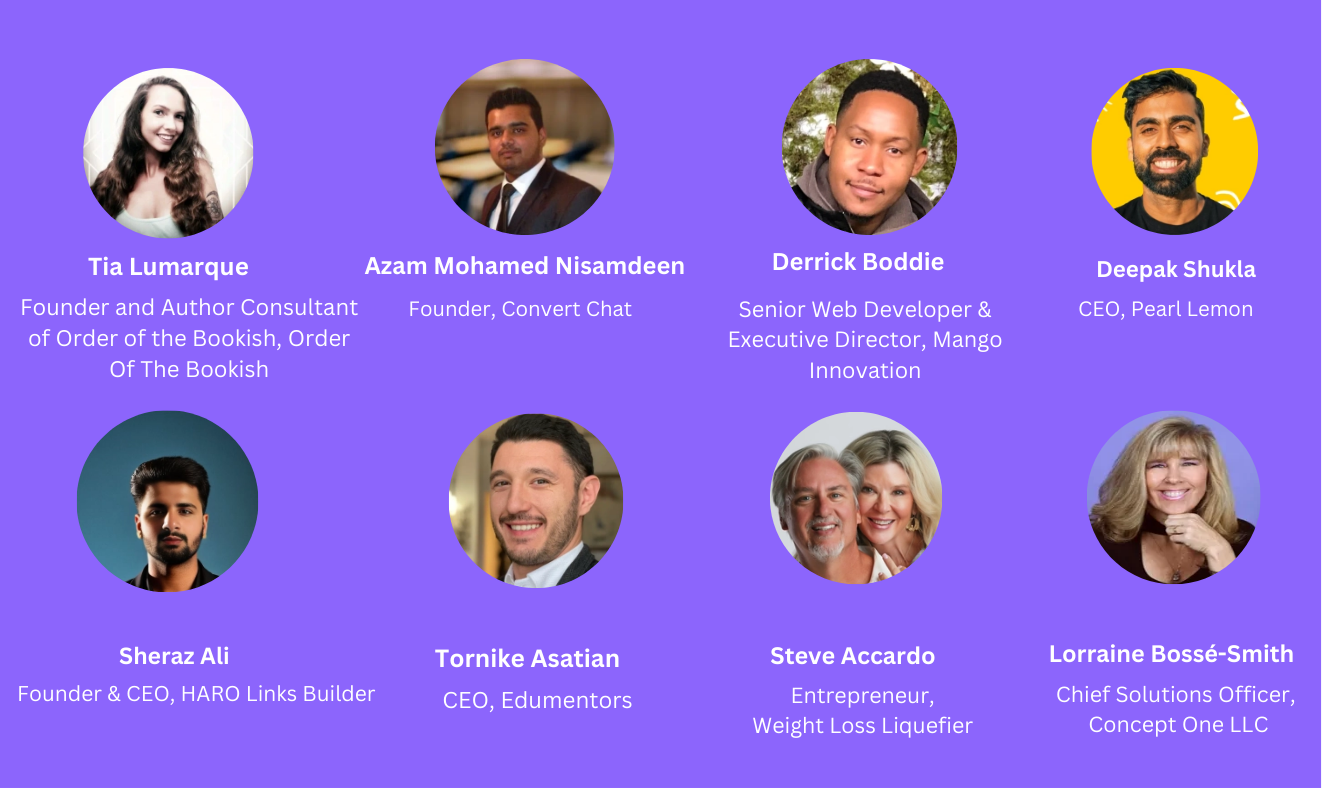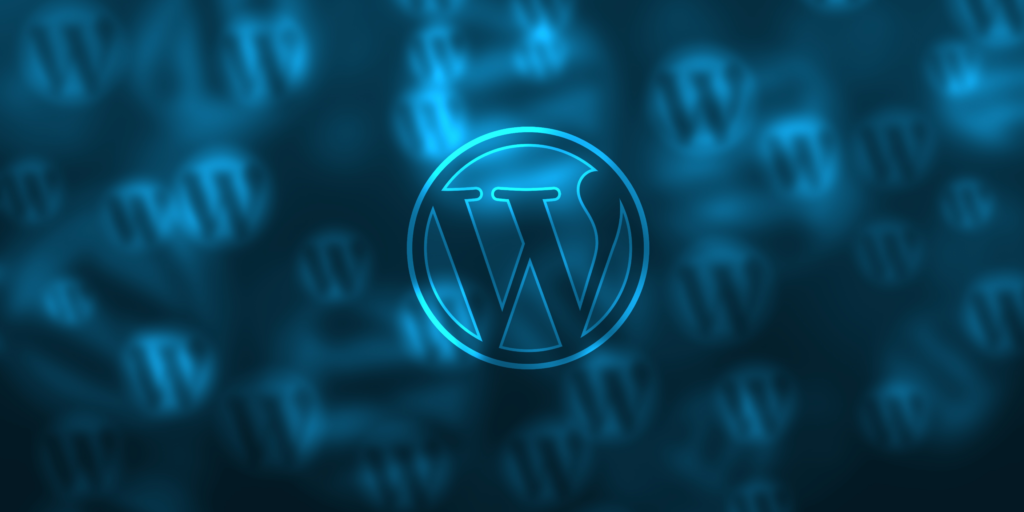Last Updated on

Stepping into the world of WordPress can feel like navigating a maze, but fear not. Our latest blog post features invaluable insights from leading experts such as a Senior Web Developer & Executive Director and a Chief Solutions Officer. Discover why starting simple with step-by-step guides is crucial and why considering paid page builders can significantly boost efficiency. With a total of nine expert tips, this article promises to be your go-to resource for mastering WordPress.
- Start Simple With Step-by-Step Guides
- Choose a Lightweight, SEO-Friendly Theme
- Focus on Basics Before Customizations
- Master Basics Before Advanced Features
- Choose the Right Hosting Provider
- Prioritize Simplicity and Audience Focus
- Learn Basics, Then Expand Knowledge
- Spend Time With a Professional Designer
- Consider Paid Page Builders for Efficiency
Start Simple With Step-by-Step Guides
If you’re just starting with WordPress, my biggest piece of advice is: don’t overwhelm yourself. WordPress is incredibly powerful, but it can feel like a maze at first. Start simple, and let step-by-step guides be your best friend.
When I started with my first blog, Books4Movies.com, I was overwhelmed, confused, and frustrated. I tried to do very large things without taking the time to set up the small stuff, or without taking the time to really learn the ins and outs. Eventually, I felt more comfortable and then launched my second site: OrderOfTheBookish.com. After watching many many hours of tutorials, I finally felt like an expert. It only took me a week to set up that second site.
YouTube is hands down one of the most helpful resources for beginners. There are plenty of channels that provide easy-to-follow tutorials that walk you through everything—from setting up your first site to customizing themes and adding plugins. Watching someone navigate WordPress in real time makes the process much less intimidating.
Begin with the basics, like how to install WordPress, choose a theme, and add essential plugins (like Yoast SEO for optimization or Elementor for drag-and-drop design). Once you’ve mastered those, you can take more advanced steps into creating contact forms, optimizing site speed, or setting up an e-commerce shop.
The beauty of WordPress is that you can do nearly anything! All you have to do is find the right how-to video or blog to help you get started.

Tia Lumarque, Founder and Author Consultant of Order of the Bookish, Order Of The Bookish
Choose a Lightweight, SEO-Friendly Theme
As an SEO specialist and founder of a chatbot, my top advice for WordPress beginners is to start with a solid foundation: choose a lightweight, SEO-friendly theme and prioritize simplicity over flashy designs. A clean theme ensures your site loads quickly and is easier to optimize for search engines. One resource I highly recommend is the official WordPress Codex. It’s often overlooked but is an invaluable guide to understanding the basics and advanced features of WordPress.
Additionally, invest time in learning about plugins like RankMath or Yoast SEO early on. These tools guide you in optimizing content, keywords, and even technical aspects like XML sitemaps. When I first started, experimenting with these tools not only improved my site’s performance but also helped me understand SEO principles better. Take it one step at a time—WordPress has a learning curve, but consistency pays off.

Azam Mohamed Nisamdeen, Founder, Convert Chat
Focus on Basics Before Customizations
If you’re just starting with WordPress, my advice is to focus on understanding the basics of themes, plugins, and the WordPress dashboard before diving into customizations. WordPress is powerful because of its flexibility, but starting with a clear structure will save you time and frustration later.
Start with a solid foundation by choosing a lightweight, well-supported theme. Avoid overloading your site with too many plugins—stick to essential ones for functionality like SEO, caching, and security.
A great resource I’d recommend is WordPress.org’s support forums and documentation. They provide clear guidance for beginners and answers to common issues. Additionally, platforms like WPBeginner offer easy-to-follow tutorials to help you get comfortable.
Lastly, take the time to explore the block editor (Gutenberg). Learning how to use blocks effectively will allow you to design pages with flexibility and ease. As you grow more confident, you can move into customizing themes or creating your own with PHP, CSS, and JavaScript. Remember, start simple and build your skills as you go!

Derrick Boddie, Senior Web Developer & Executive Director, Mango Innovation
Master Basics Before Advanced Features
For anyone starting with WordPress, the best advice is this: focus on mastering the basics before diving into advanced features. Too often, new users get overwhelmed by flashy plugins and complex themes, but a simple, well-structured foundation is key to success.
Start by choosing a lightweight, responsive theme that suits your goals. Themes like Astra or GeneratePress are beginner-friendly and customisable without unnecessary bloat. Pair this with minimal plugins, only install those essential to your website’s functionality.
One resource I recommend is WordPress.org’s support forums. They’re a goldmine of real-world solutions from experienced users. Additionally, tools like WPBeginner and the official WordPress Codex are excellent for troubleshooting and learning how to optimize your site’s performance.
Finally, make time to understand SEO fundamentals. Tools like Yoast SEO or Rank Math can guide you, but knowing why metadata, keyword placement and site speed matter will give your WordPress site a lasting edge.

Deepak Shukla, CEO, Pearl Lemon
Choose the Right Hosting Provider
One piece of advice I would give to someone just starting with WordPress is to focus on choosing the right hosting provider. A reliable hosting service is crucial for your website’s performance, security, and overall user experience. Selecting a host that specializes in WordPress can simplify the setup process and provide essential features tailored for WordPress sites.
I recommend exploring options like SiteGround or Bluehost, as they offer excellent support and user-friendly interfaces. Additionally, utilizing resources like the WPBeginner guide can help you navigate the initial setup and provide valuable tips for managing your site effectively. Starting with a solid foundation will make your WordPress journey smoother and more enjoyable.

Sheraz Ali, Founder & CEO, HARO Links Builder
Prioritize Simplicity and Audience Focus
Start with simplicity and focus on your audience. When creating Edumentors’ blog, we used templates to build quickly while investing time in content tailored to parents and students. Tools like Elementor or WPBeginner offer great guides for beginners. Prioritize usability—clean designs and intuitive navigation keep visitors engaged. Your content is your story, so build your website around what matters most to your audience.

Tornike Asatiani, CEO, Edumentors
Learn Basics, Then Expand Knowledge
WordPress is amazing but at the same time very complex. You can customize your websites in whatever way you can think of, which can be time-consuming when going down the rabbit holes. There are tutorials from 2 hours and even up to 10 hours. My advice would be to learn the basics and then go back and learn in sections on a need-to-know basis. This way you won’t feel overwhelmed with information overload.

Steve Accardo, Entrepreneur, Weight Loss Liquefier
Spend Time With a Professional Designer
I’ve been using WordPress for over 20 years, and I love it! That being said, spending a little time on the front end with a professional web designer helped me understand the ins and outs and how to maximize it with less effort. Practice makes perfect, so keep at it. As you work in WordPress, use the “view site” option often to visually see how your additions or edits look live.

Lorraine Bossé-Smith, Chief Solutions Officer, Concept One LLC
Consider Paid Page Builders for Efficiency
When deciding whether or not to install a paid page builder like Elementor, Divi, or Beaver Builder, keep in mind that your site might take you 30-50 hours longer to build without a page builder. Knowing that, you’ll probably find that it pays for itself and makes your life a lot easier.
Karen Zachary, Founder, Anchor Virtual Assistants
Learn How To Start Your Blog!
Start a Blog in Simple Steps: Get Blogging!




